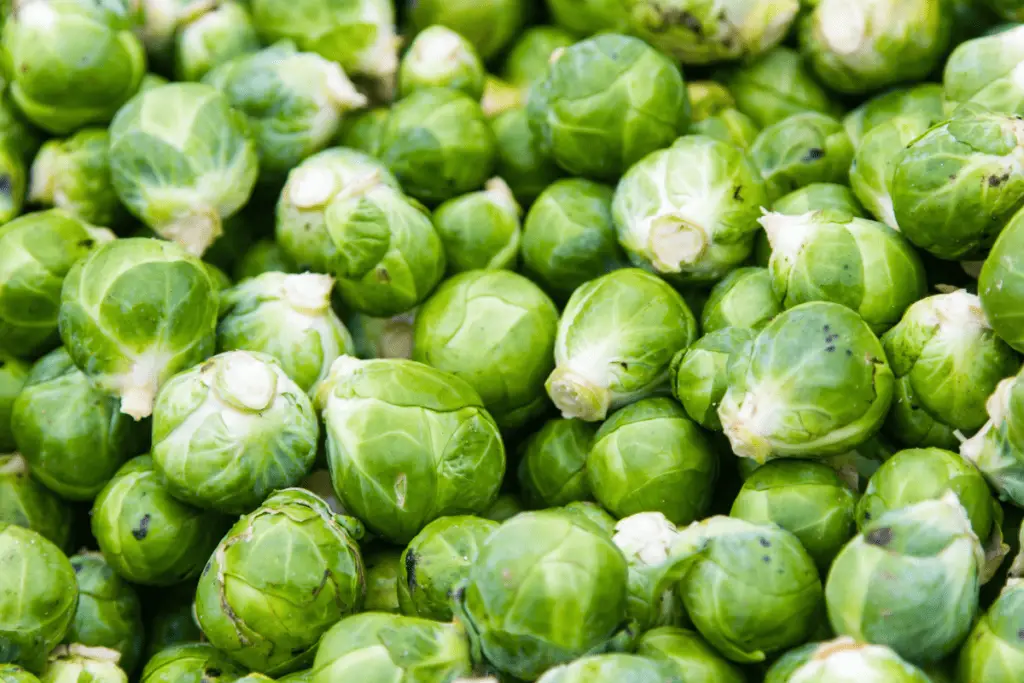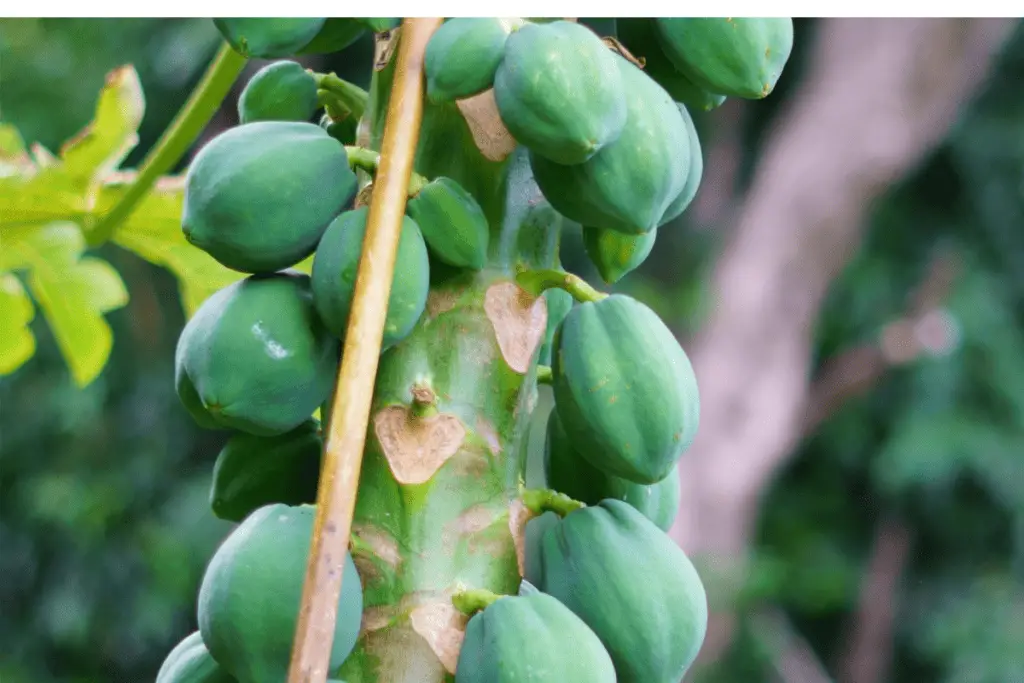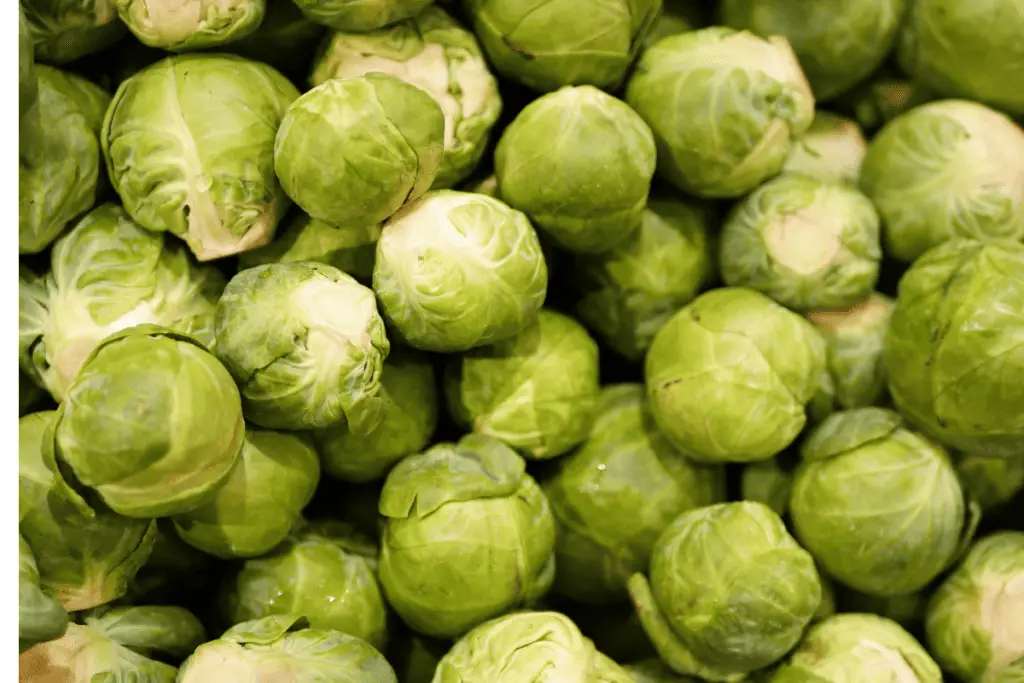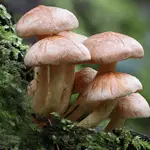Introduction

Unlock the secrets to thriving Brussels sprouts cultivation with our comprehensive guide Mastering Brussels Sprouts Cultivation. We will bring you expert insights and proven techniques to ensure your Brussels sprouts not only survive but flourish. Say goodbye to common pitfalls and hello to a bountiful harvest.
Choosing the Right Varieties
Selecting the right Brussels sprouts varieties is crucial for success. Opt for high-yield cultivars such as “Diablo” or “Long Island Improved,” known for their robust growth and excellent flavor. Our curated list of top-performing varieties eliminates guesswork, empowering you to make informed decisions for your garden.
Soil Preparation
Achieve optimal growth by preparing the ideal soil environment. Brussels sprouts thrive in well-draining, nutrient-rich soil with a pH between 6.0 and 7.5. Incorporate organic matter like compost to enhance soil fertility and structure. Our recommended soil preparation plan ensures your Brussels sprouts have the perfect foundation for a prosperous life.
Planting Techniques
Maximize your yield with precision planting techniques. Follow our step-by-step guide to spacing Brussels sprouts appropriately, ensuring adequate airflow and sunlight penetration. Leverage the mermaid syntax diagram below for a visual representation of the ideal planting layout.
Watering Strategies
Watering is a critical factor in Brussels sprout cultivation. Maintain consistent soil moisture without overwatering, as these plants are susceptible to root diseases. Our watering strategies section provides actionable tips to strike the perfect balance and keep your Brussels sprouts thriving.
Nutrient Management

Ensure robust growth by providing the right nutrients at the right time. Our guide outlines a comprehensive nutrient management plan, covering essential elements like nitrogen, phosphorus, and potassium. Enhance your Brussels sprouts’ nutrient uptake and overall health with our proven recommendations.
Pest and Disease Control
Shield your Brussels sprouts from common pests and diseases with proactive measures. Identify potential threats early on and implement effective control strategies. Our guide equips you with the knowledge to keep your crop pest-free and thriving throughout the growing season.
Harvesting and Storage
Maximize the flavor and freshness of your Brussels sprouts by mastering the art of harvesting. Learn the optimal time to harvest for the best taste and texture. Additionally, explore our storage tips to prolong the shelf life of your harvest and savor the rewards of your efforts for an extended period.
Conclusion Mastering Brussels Sprouts Cultivation

Empower your Brussels sprouts cultivation journey with our expert insights. Trust [Your Brand] for a comprehensive guide that ensures your success from planting to harvest. Say goodbye to mediocre results and hello to a thriving Brussels sprouts garden that stands out among the rest.
FAQ’s
- What are Brussels sprouts, and why cultivate them?
- Brussels sprouts are a nutritious cruciferous vegetable, known for their distinctive flavor and high vitamin content. Cultivating them allows you to enjoy a fresh, homegrown supply of these nutritious greens.
- When is the best time to plant Brussels sprouts?
- Brussels sprouts thrive in cooler temperatures. Start seeds indoors 8-10 weeks before the last spring frost or plant directly in late spring or early summer for a fall harvest.
- What type of soil do Brussels sprouts prefer?
- Brussels sprouts prefer well-draining, fertile soil with a slightly acidic to neutral pH (6.0-7.5). Adding organic matter like compost enhances soil structure and nutrient content.
- How much sunlight do Brussels sprouts need?
- Brussels sprouts require full sunlight, ideally 6-8 hours per day. Ensure they receive adequate sunlight for proper growth and development.
- What spacing is recommended for Brussels sprout plants?
- Plant Brussels sprouts 24-36 inches apart in rows spaced 3 feet apart. This allows sufficient room for the plants to develop and ensures good air circulation.
- How do I care for Brussels sprouts during the growing season?
- Keep the soil consistently moist, mulch around the plants to retain moisture, and provide support for tall varieties. Fertilize with a balanced, organic fertilizer during the growing season.
- How do I manage pests and diseases in Brussels sprouts?
- Monitor regularly for pests like aphids and cabbage worms. Use organic insecticides and practice crop rotation to minimize the risk of diseases like clubroot.
- When are Brussels sprouts ready for harvest?
- Harvest Brussels sprouts when the sprouts are firm, about 1-2 inches in diameter. Start harvesting from the bottom of the stalk, working your way up as they mature.
- Can Brussels sprouts withstand frost?
- Yes, Brussels sprouts are cold-tolerant and can withstand light frosts, which can even enhance their flavor. In fact, a light frost can convert starches into sugars, improving taste.
- How should Brussels sprouts be stored after harvest?
- Store harvested Brussels sprouts in the refrigerator. They can be kept in a plastic bag in the crisper drawer for up to 2 weeks. For longer storage, blanch and freeze.
- What are common mistakes to avoid when cultivating Brussels sprouts?
- Avoid over-fertilizing, as it can lead to excessive leaf growth at the expense of sprout development. Additionally, planting Brussels sprouts in the same location year after year increases the risk of soil-borne diseases.
- Can Brussels sprouts be grown in containers?
- Yes, Brussels sprouts can be grown in large containers with good drainage. Use a quality potting mix and ensure the container receives sufficient sunlight for successful cultivation.
Latest Posts
- What Types of Lettuces Can You Grow?

- How to Plant Onion Seeds for Maximum Germination

- How to Plant Parsnip Seeds for Maximum Germination

- How to Plant Mushroom Seeds for Maximum Germination

- How to Plant Lettuce Seeds for Maximum Germination

- How to Plant Kale Seeds: A Step-by-Step Guide to Maximum Germination Success!





